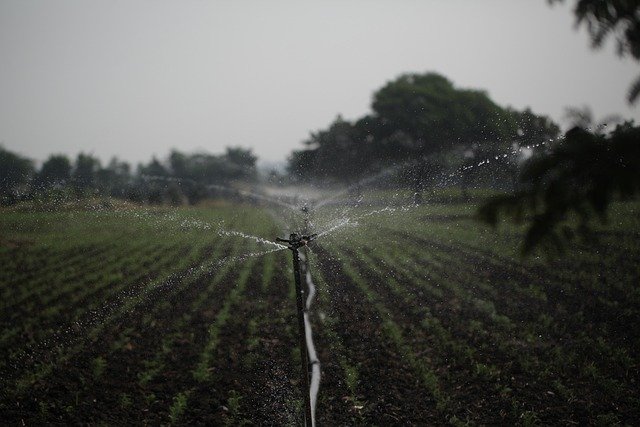Practical Agriculture Courses for Modern Farming
Agriculture courses equip learners with the practical skills and theoretical knowledge needed to run productive, resilient farms and food systems. Whether you are new to farming, managing a family farm, or moving into agribusiness, structured education and targeted training can bridge gaps in crop management, livestock care, pest control, and business planning while promoting long-term sustainability.

What is agriculture education?
Agriculture education blends science, technology, and hands-on practice to teach how food, fiber, and fuel are produced responsibly. Typical curricula cover soil science, plant physiology, animal husbandry, agri-business, and data-driven farm management. Programs range from short certificates to full degree tracks and are designed to meet both traditional and emerging sector needs—such as precision agriculture and climate-smart practices—so learners can apply concepts immediately in the field or scale them for commercial operations.
How do farming courses help practitioners?
Farming courses help practitioners translate theory into profitable, sustainable decisions. They often emphasize crop rotation, integrated pest management, irrigation efficiency, and record-keeping for farm economics. For smallholders and commercial growers alike, training reduces risk by teaching best practices that improve yields and input efficiency. Courses also foster problem-solving, enabling learners to adapt to local conditions and regulatory requirements while building networks with peers, extension agents, and industry professionals who can offer ongoing support.
Can sustainability be taught in courses?
Yes—sustainability is increasingly central to agriculture training. Courses introduce approaches such as soil health stewardship, agroecology, carbon sequestration practices, and water conservation techniques. Learners study lifecycle impacts, biodiversity-friendly methods, and ways to reduce chemical inputs without compromising productivity. Sustainability modules typically integrate social and economic dimensions too, teaching resource-efficient farming that supports rural livelihoods and long-term ecosystem services while aligning with market or certification requirements for sustainably produced goods.
What training formats are available?
Training formats vary widely to suit different learning styles and schedules: classroom-based degrees, short workshops, on-farm apprenticeships, blended learning, and fully online courses. Practical internships and field labs give hands-on experience; virtual modules and video tutorials provide flexible theory learning. Micro-credentials and certificate programs allow targeted upskilling in areas like drone scouting, regenerative practices, or agri-finance. Look for programs with practical assessment components or local farm partnerships to ensure skills are transferable to real-world operations.
How to find local services and programs in your area?
Finding the right program starts with identifying local services: agricultural extension offices, community colleges, universities, industry associations, and nonprofit training centers often run relevant courses. Local services can tailor content to regional crops, climate, and regulatory environments. When evaluating options, consider curriculum relevance, hands-on opportunities, instructor experience, and whether the program connects you to local markets or technical support. Visiting a demonstration farm or attending a short workshop can reveal whether a provider’s approach fits your scale and goals.
Below is a sample list of recognized providers and the types of services they commonly offer, useful when comparing program structures and benefits.
| Provider Name | Services Offered | Key Features/Benefits |
|---|---|---|
| Wageningen University & Research | Degree programs, short courses, applied research collaborations | Strong emphasis on research-driven, practical training and international agri-development expertise |
| University of California, Davis | Undergraduate/graduate programs, extension services, online modules | Large extension network, practical field labs, links to ag industry and policy research |
| Cornell University (Cooperative Extension) | Extension programs, online resources, certificates | Robust regional outreach, applied resources for small farms, business and production guidance |
| Food and Agriculture Organization (FAO) | E-learning modules, technical guides, capacity building | Global policy and technical resources, focus on sustainability and food systems |
| Coursera (various universities) | Online courses and specializations in agriculture topics | Flexible learning, wide topic variety, access to university-led content |
Conclusion
Agriculture courses offer a pathway to improve productivity, reduce environmental impact, and strengthen farm businesses through targeted education and practical training. By selecting programs that match your local conditions and learning preferences—whether hands-on apprenticeships, extension-led workshops, or online modules—you can acquire skills that support resilient, sustainable farming practices across scales and contexts.






